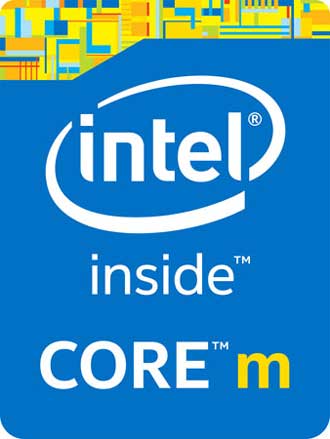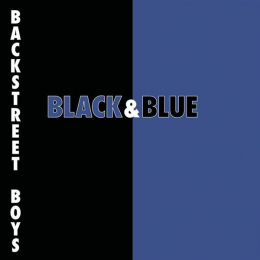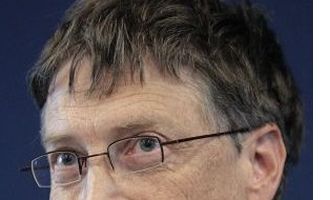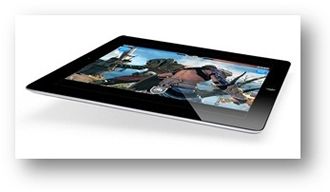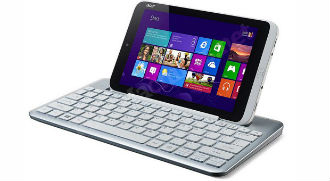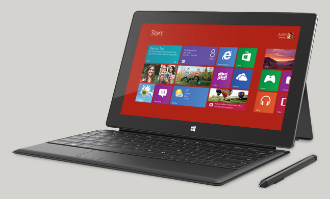 NHS Trusts are insisting on keeping Windows XP machines despite concerns that they are about as secure as a celeb’s naked picture on the iCloud and have cost £5.5 million from Microsoft to support.
NHS Trusts are insisting on keeping Windows XP machines despite concerns that they are about as secure as a celeb’s naked picture on the iCloud and have cost £5.5 million from Microsoft to support.
According to Citrix, the mobile workspace company, which filed a freedom of information act request to get its data, all the of 35 NHS Trusts are still using Windows XP and that just five are using desktop virtualisation technology to handle migration away from it.
Jason Tooley, UK country manager at Citrix, said that like the rest of the public sector, the NHS is under tremendous pressure to do more with less and the IT department is no exception.
He called on NHS trusts across the UK to harness technology today to transform IT processes for the better. Using IT — including desktop and application virtualisation — can positively impact the entire workplace, delivering increased productivity and ultimately improved patient care.
Microsoft announced Windows XP’s end of life on 8 April 2014 but the British government has an extension on support until 8 April 2015 and with this in mind. More than 74 percent of the trusts surveyed admitted their last devices wouldn’t be migrated until March 2015.
Another 14 percent are unsure when they will transition their last computer away from Windows XP and in addition to the five that are already using virtualisation, just two more plan to take a similar path before the deadline.
There are rumours that the UK government could end up signing another extension with Microsoft to provide a second year of support and it’s likely to cost the same £5.5 million it shelled out for help this year.
Under that deal, Vole provides security updates for the 12 year old OS as well as Office 2003 and Exchange 2003 for the entire UK public sector, and a similar deal was signed by the Dutch government for the same level of support.
World on the street is that the UK government may wait for Windows 10 to come to its rescue and there’s a distinct possibility we will be talking about an NHS stuck on Windows XP this time next year.

